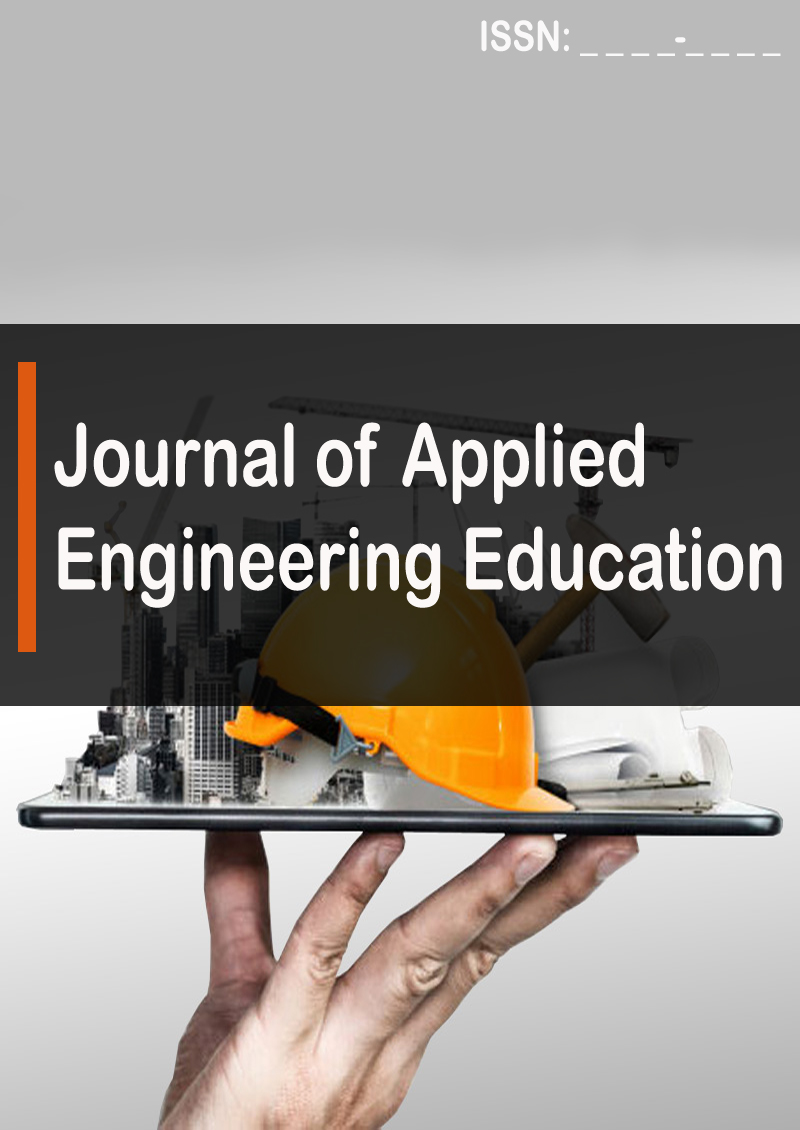The Changing Stakeholder Roles, Responsibilities, and Expectations in Sustainable Modern Education
Abstract
Shankar Subramanian Iyer
Most of the stakeholders of education, teachers, students, parents, governments, regulators, policymakers, and parliamentarians are puzzled about the way out, of the issues of modern education. Some of the issues of modern education are unemployment, adopting new technologies, manpower training, and learner discontent. The purpose of this study is to examine and analyze the education sector stakeholders and their importance in modern education, and to study the changes in the stakeholder’s roles, responsibilities, and expectations. These findings and analysis are useful to enhance the education system, sustain it, and manage the education system. The methodology of the study is secondary research conducted to identify the factors and constructs for the conceptual model for this research. Primary research was used to get a consensus on the factors that influence the successful implementation of the education system to meet stakeholders’ expectations. A pilot study and interviewing the experts were used to confirm the constructs for the conceptual model and then the quantitative questionnaire survey to be conducted across the various stakeholders via email using random sampling. The PLS-SEM has been used to validate and test the reliability of the conceptual model. The contribution of this study is the primary research done across the six countries and the contribution to integrating existing theories -the Lewin’s change management model, Iceberg Model of Wilfried Kruger and built on them. The practical viewpoints might interest the higher education policymakers, evaluation and accreditation institutions, universities, and learners. This will evaluate the now failing education business models.



